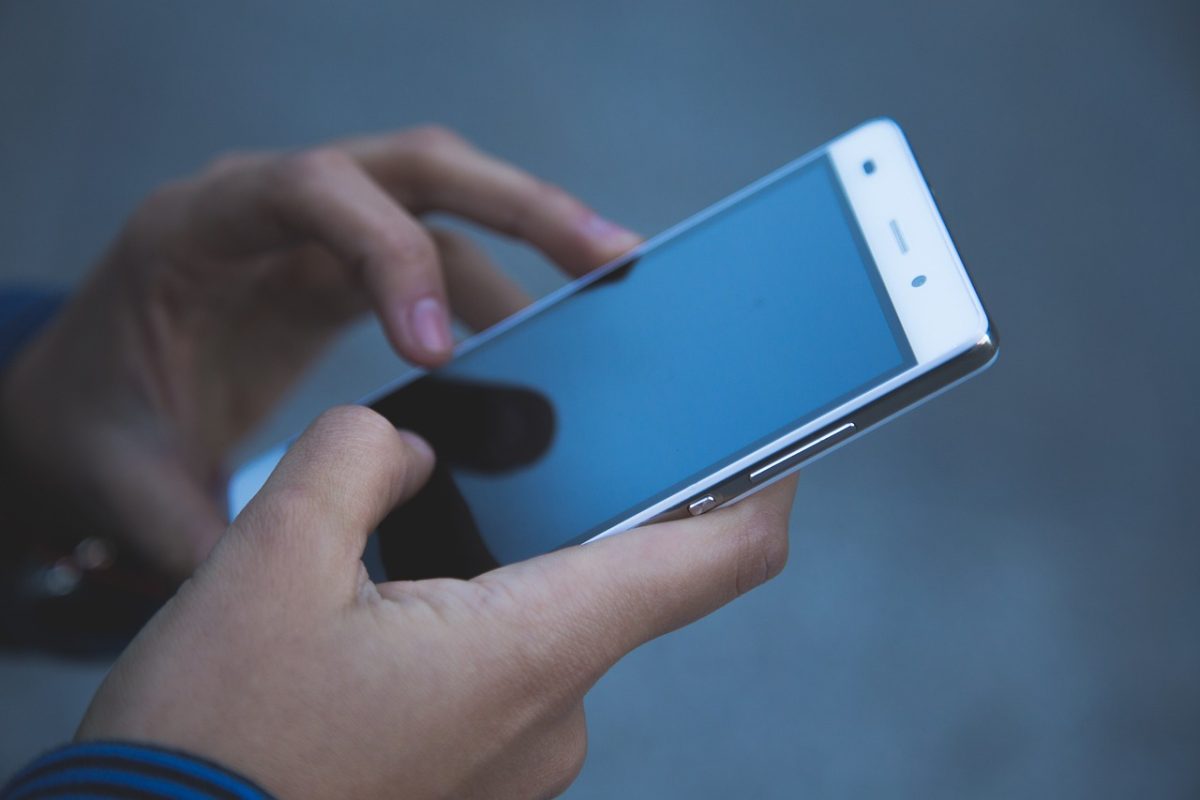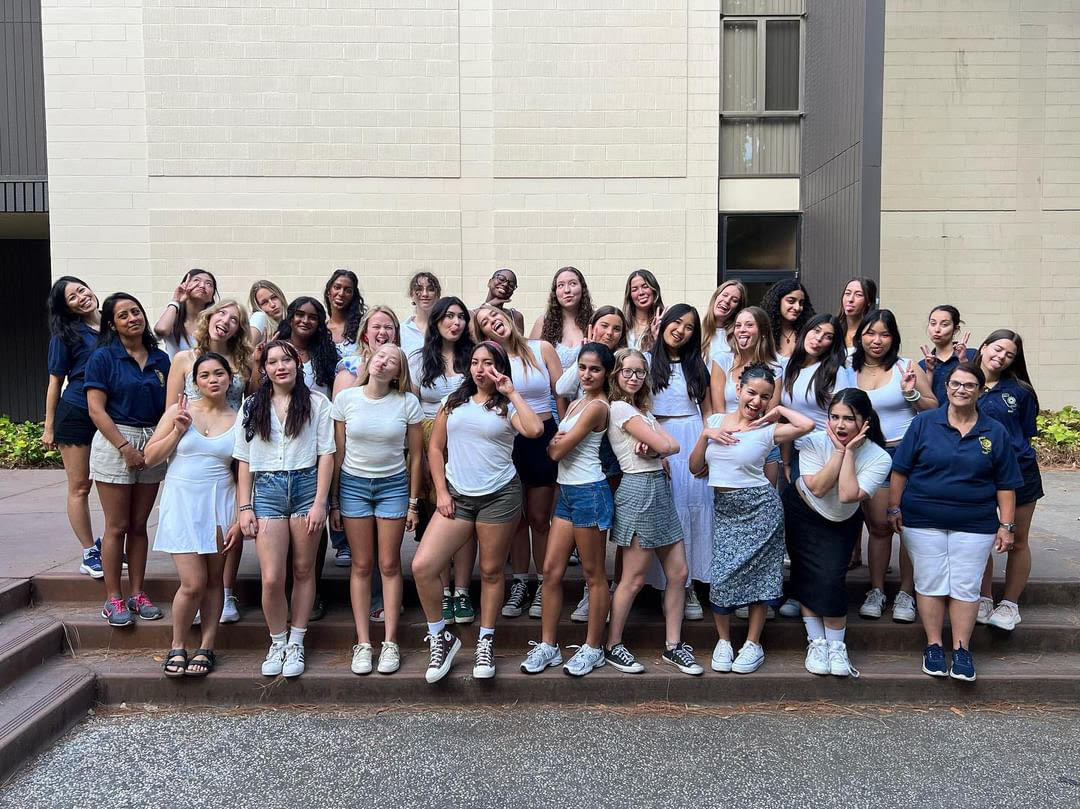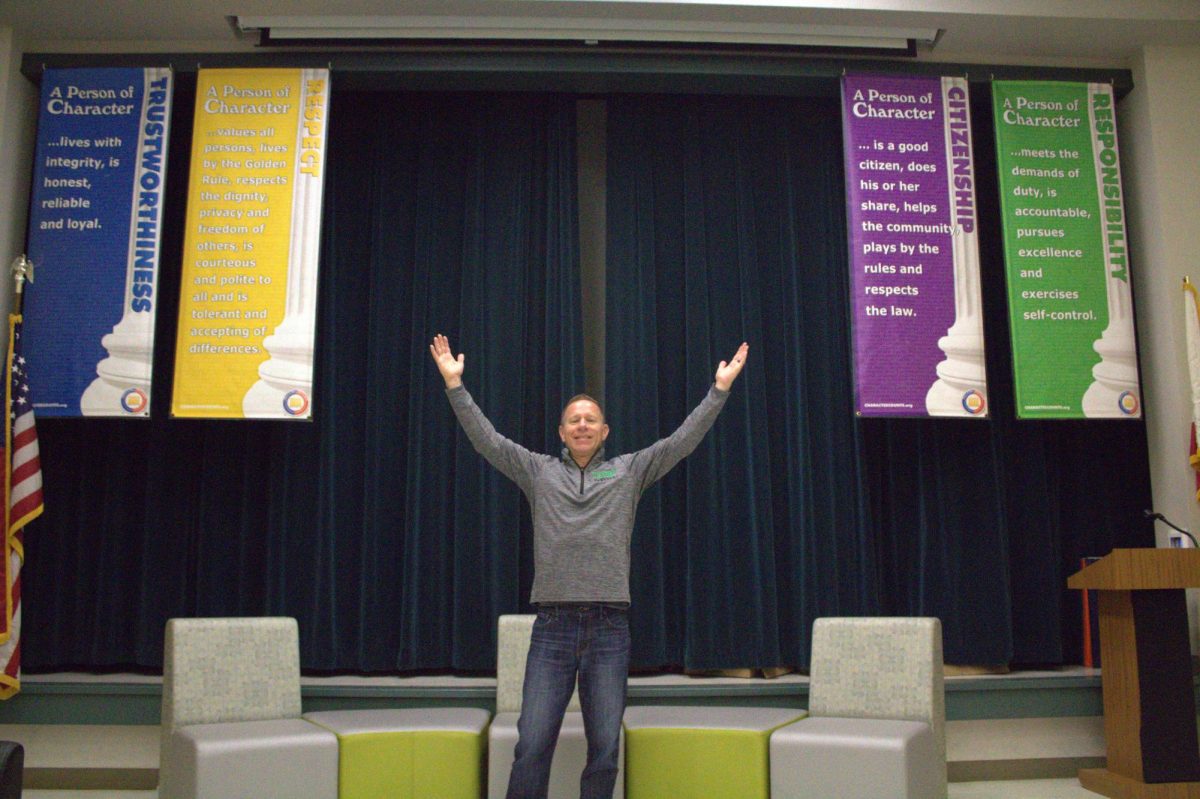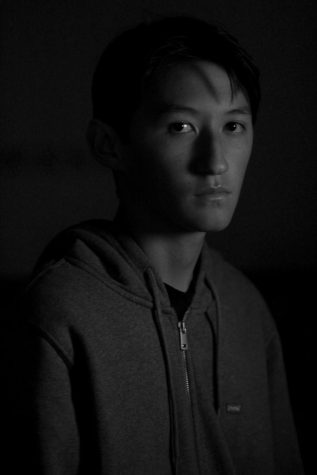Scattered like trophies of sleepless nights, empty energy drinks cans littered around high school campuses are a common sight. According to the National Center for Complementary and Integrative Health (NIH), nearly one-third of teens between 12 and 17 consume these stimulating beverages regularly. However, what begins as a temporary jolt of energy often reveals a deeper, more concerning trend: the romanticization of self-destructive behaviors to conform to social norms.
Cultural norms and societal expectations play a significant role in normalizing behaviors like staying late and relying on energy drinks. In a society that glorifies the ‘hustle and grind’ culture, where success is often equated with extreme productivity and constant busyness, fueling oneself with energy drinks becomes a badge of honor. Monster, a popular energy drink brand, uses the slogan “Unleash the Beast,” promising consumers that the beverage will enable them to tap into their full productive potential.
Other times, the influence of media and pop culture on teenage trends can explain why students continue harmful behaviors despite knowing their negative consequences. From movies and TV shows to social media influencers, teenagers are constantly exposed to images, trends, and lifestyles that can shape their perception of what is desirable or cool. For instance, Logan Paul leverages his popularity to sell his energy drink to his fanbase despite known safety concerns.
UCLA Health reports that many adolescents already face a caffeine dependence, partly due to colorful packaging, candy-like flavorings, and widespread availability. The Child-Mind Institute states that teenagers need 9.25 hours of sleep to be optimally alert. Yet, multiple studies have indicated that the vast majority today are living with borderline to severe sleep deprivation. The study claims that “half the teens one expert evaluated were so tired in the morning they showed the same symptoms as patients with narcolepsy, a sleep disorder in which the patient nods off and falls directly into REM sleep.” As these habits become deeply ingrained, the line between choice and necessity blurs, making it challenging to break free from the cycle.










